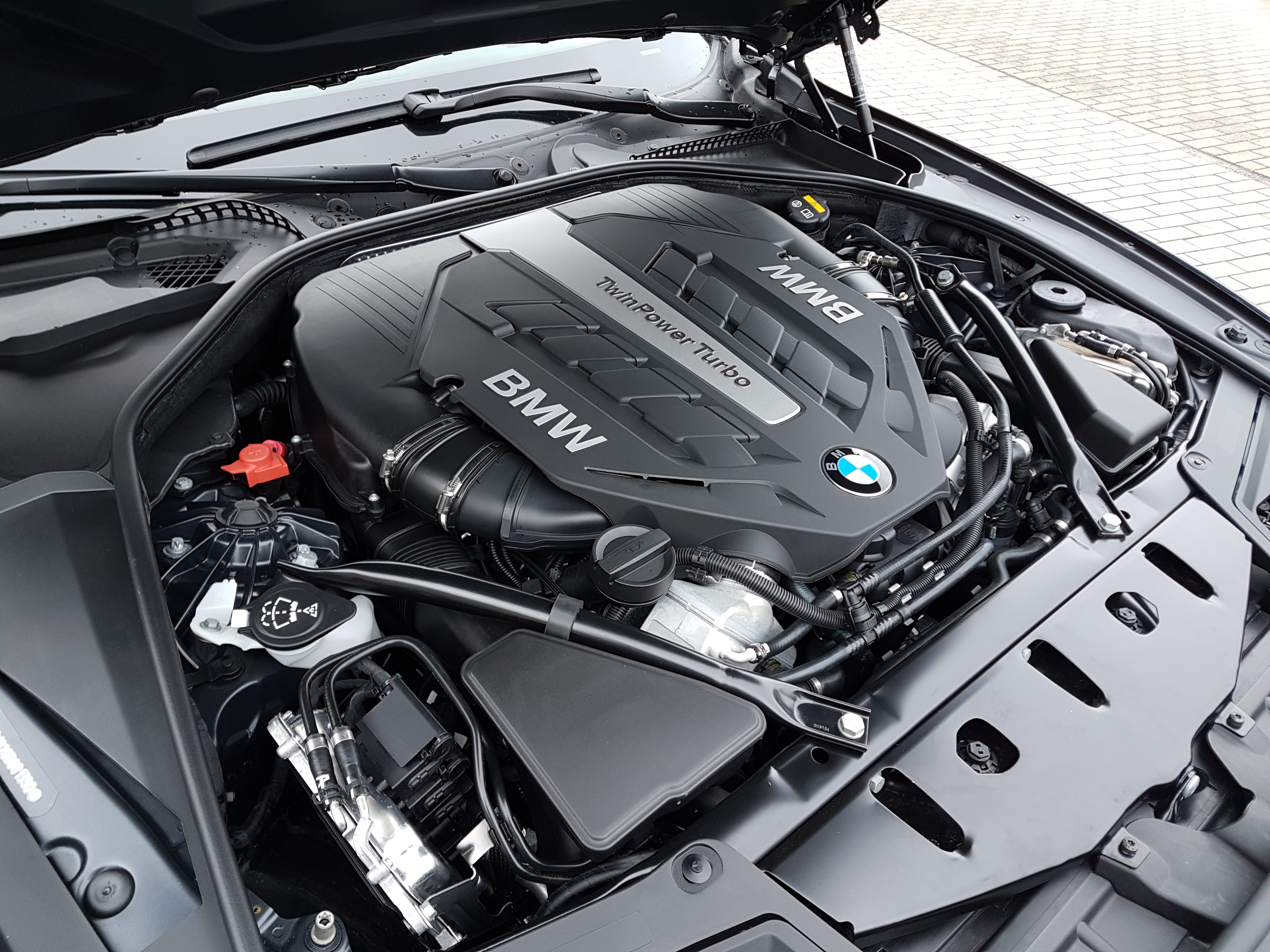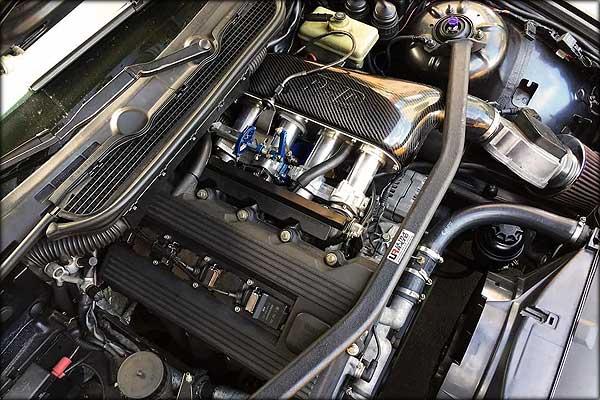Unveiling the Intricacies of Next-Generation Power Units: a Deep Study Advanced Engine Designs and Advancements
As we stand on the precipice of a new period in transport, the complexities of next-generation engine styles bid us to discover the advanced innovations and advancements that promise to redefine the driving experience. Digging deeper right into the realms of emission control, smart engine monitoring systems, and the perspective of power system growth, we find ourselves on the cusp of a makeover that guarantees to improve the landscape of movement as we understand it.
Advancement of Engine Materials

The change in the direction of progressed engine products has actually also enabled engineers to create engines with greater power outcomes while keeping gas performance criteria. For instance, the use of lightweight materials decreases the general weight of the engine, bring about boosted gas economic situation and reduced emissions. Furthermore, improvements in materials innovation have allowed for better thermal management within engines, resulting in increased reliability and long life.
Turbocharging and Supercharging Technologies
How do Turbocharging and Supercharging Technologies revolutionize engine efficiency and efficiency in modern lorries? Turbocharging and turbo charging are modern technologies that substantially improve engine efficiency by boosting the amount of air consumption into the burning chamber. Turbocharging attains this by utilizing a generator driven by exhaust gases to pressurize the consumption air, while turbo charging uses a belt- or chain-driven compressor to attain the exact same result.
These modern technologies make it possible for smaller, much more fuel-efficient engines to create power equivalent to bigger ones, called downsizing. By requiring even more air into the cyndrical tubes, turbocharging and supercharging improve combustion performance, leading to raised horsepower and torque outcome without a significant boost in engine dimension. This results in much better velocity, hauling capability, and total driving performance.
In addition, supercharging and turbocharging add to improved gas efficiency by enabling the usage of smaller engines that consume much less gas under regular driving conditions - bmw engine. This combination of improved efficiency and performance has made turbocharging and supercharging important parts of many contemporary engine styles
Exhaust Control and Environmental Influence
With increasing global issues pertaining to air top quality and environmental sustainability, the implementation of discharge control innovations in automobiles plays an essential role in minimizing dangerous toxins launched right into the ambience. Modern vehicles are equipped with sophisticated discharge control systems that assist lessen the ecological effect of vehicle procedures. Catalytic converters, for example, are made to transform poisonous gases such as carbon monoxide gas, nitrogen oxides, and hydrocarbons right into much less dangerous materials like co2 and water vapor.
Moreover, improvements in engine innovation, such as the assimilation of exhaust gas recirculation systems and selective catalytic reduction, have substantially contributed to decreasing exhausts. These innovations work in tandem to enhance combustion efficiency and decrease the launch of dangerous contaminants into the air. Additionally, the growth of crossbreed and electric vehicles stands for a vital step in the direction of minimizing the general environmental impact of the transportation sector.
Intelligent Engine Monitoring Solution

Additionally, these systems enable lorries to satisfy strict emissions criteria without compromising efficiency, offering an extra eco-friendly driving experience. The assimilation of expert system and artificial intelligence abilities in engine management systems proceeds to press the limits of what is possible, leading to more enhancements in efficiency, integrity, and general lorry efficiency. bmw engine. As vehicle technology advances, smart engine monitoring systems will certainly play a vital role in shaping the future of transport towards a more sustainable and efficient instructions
Future Trends in Power Device Development
As smart engine monitoring systems lead the way for improved control and optimization in contemporary lorries, future fads in power unit development are poised to redefine the landscape of automobile propulsion innovations. Among the key trends driving development in power device growth is the change towards electrification. With a boosting concentrate on sustainability and reducing carbon emissions, hybrid and electric powertrains are ending up being more widespread in the auto sector. These alternative source of power offer improved efficiency and efficiency while straightening with strict environmental laws.
An additional considerable pattern is the integration of advanced products and producing techniques. Light-weight materials such as carbon fiber and aluminum are being made use of to minimize general vehicle weight, boosting fuel efficiency and efficiency. Furthermore, improvements in 3D printing and additive manufacturing are enabling the production of intricate engine elements with higher accuracy and toughness.
Moreover, man-made intelligence and equipment discovering are playing an important role in enhancing power system performance. These modern technologies permit for real-time surveillance and flexible control, resulting in more reputable and efficient power delivery. Overall, future fads in power unit development are tailored in the direction of performance, efficiency, and sustainability, driving the automobile sector towards a new age of propulsion technologies.

Conclusion
In verdict, the article source advancements in engine materials, turbocharging, discharge control, and intelligent monitoring systems have actually paved the way for next-generation power systems. The complex layouts and innovations in modern engines showcase the continuous advancement of auto technology.
Checking out the modern improvements in engine products has actually been crucial in enhancing the performance and efficiency of modern engines. Over the years, the development of engine materials has actually played an essential function in pushing the borders of what engines can attain.The shift in the direction of advanced engine materials has actually also allowed engineers to create engines with greater power results while keeping fuel performance criteria.The execution of smart engine administration systems in contemporary cars has revolutionized the means engines are regulated and enhanced for performance and efficiency. By collecting information in real-time and assessing it with advanced algorithms, smart engine monitoring systems can adapt to driving styles, ecological aspects, and engine health and wellness to make best use of power outcome while see reducing fuel intake and discharges.